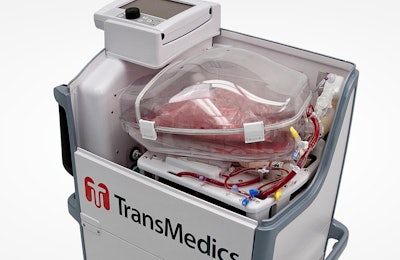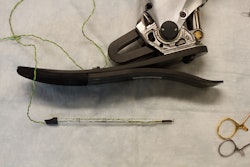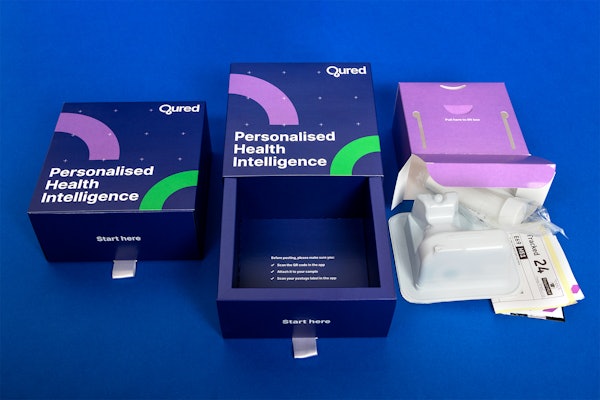
The first organ transplant dates back to 1954 when a kidney was successfully implanted into a recipient. More than 60 years later, organs are still being transported the same way: in a cooler. A recent NBC News article reported on a new technique that could double or triple the number of successful transplants by keeping the organs in a functioning state at body temperature.
A main constraint for organ preservation is temperature regulation; organs can only last a certain amount of time on ice- for example, a heart or lung can only be kept out of the body for about 4-6 hours. The new device uses a technology called ex vivo warm perfusion to increase this time allowing organs to travel further for recipients. These devices are currently used in Europe, Canada, Australia and elsewhere for kidney, heart, lung, and liver transplants. The first device up for FDA approval in the U.S. is TransMedics’ Organ Care System used for lung transplants.




















